Many household items have hidden expiration dates that most people are unaware of. While we regularly check food labels, it’s easy to overlook the lifespan of non-food items.
This article explores 10 common household items that surprisingly have expiry dates, ensuring you maintain both safety and efficiency in your home.
1. Batteries
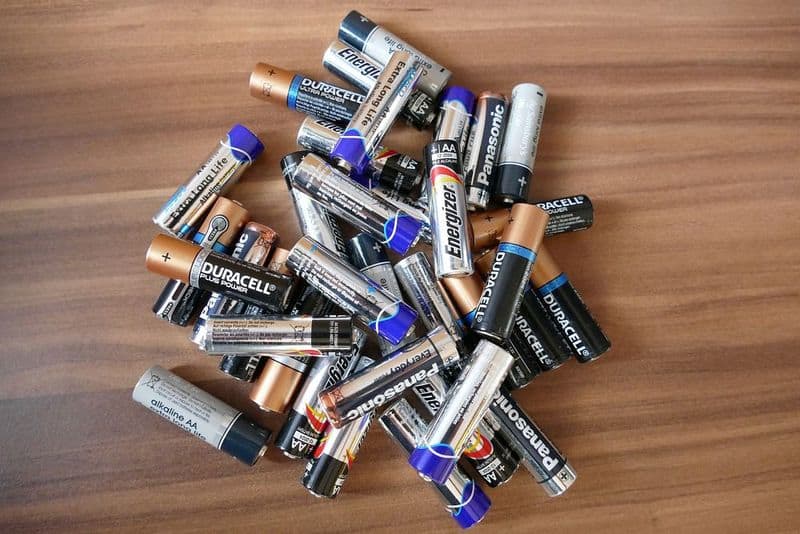
Batteries are essential in powering many devices, but they don’t last forever. Typically, they can last from five to ten years, depending on the type and storage conditions.
Over time, they may leak or corrode, potentially damaging your devices.
It’s wise to check the expiration date on your batteries regularly. Store them in a cool, dry place to prolong their lifespan.
Did you know that storing batteries in the refrigerator can actually reduce their life? So, next time, think twice about where you keep your spare batteries.
2. Toothpaste
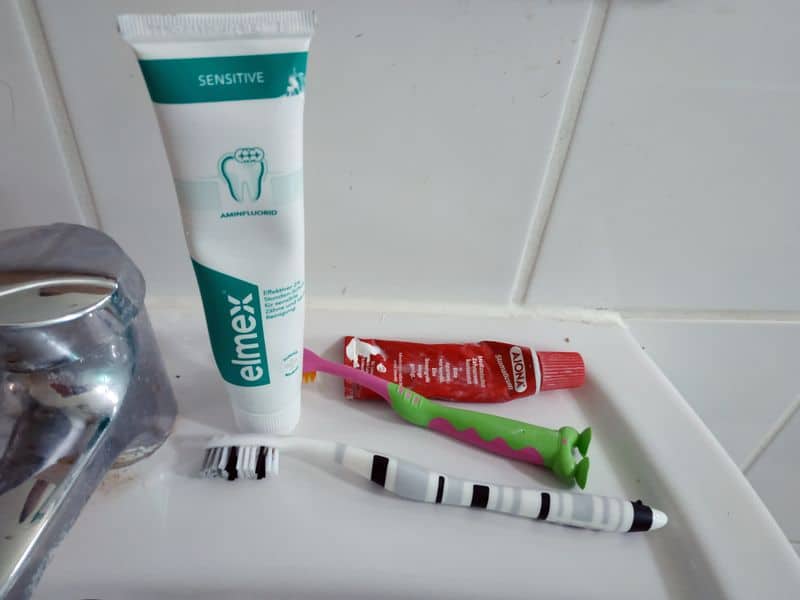
Toothpaste is a staple in every bathroom, but it doesn’t last indefinitely. Most tubes are effective for two years from the manufacturing date.
After this, the fluoride may become less effective, impacting its ability to fight cavities.
Always check the packaging for the expiry date to ensure optimal oral health. If your toothpaste has separated or changed color, it’s time for a new tube.
It’s surprising how a small detail like this can affect your dental routine.
3. Cleaning Products
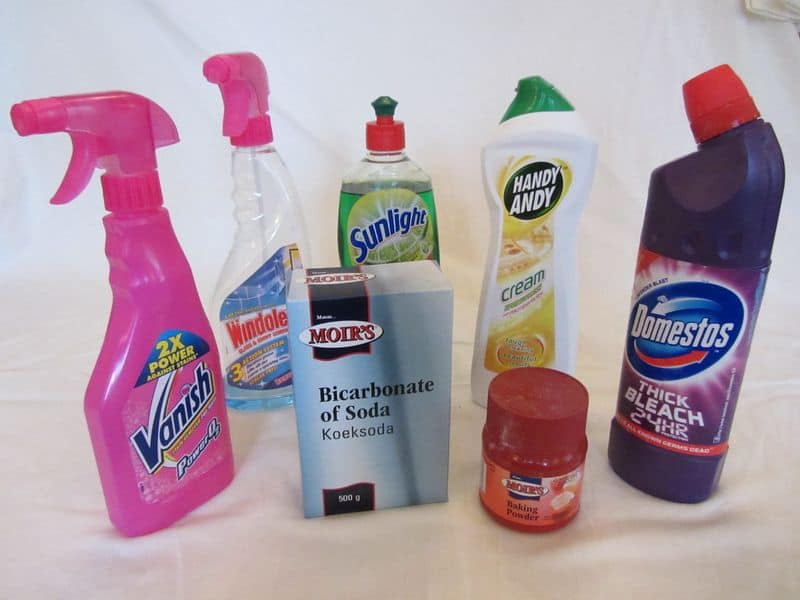
Cleaning products are invaluable for keeping homes germ-free, yet they too have expiration dates. Many products lose their effectiveness over time, especially after opening.
The active ingredients might degrade, making them less potent. It’s especially important to check products like disinfectants to ensure they still kill germs as intended.
Keeping track of these dates ensures a clean and safe environment for your family.
4. Sunscreen
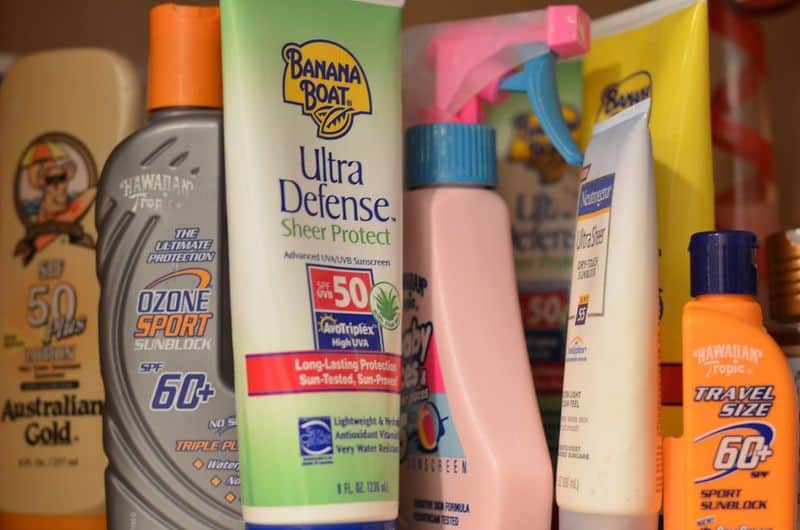
Sunscreen is vital for skin protection, but using expired sunscreen can lead to sunburns. Most sunscreens last about three years, but once opened, it’s best used within a year.
Take note of any changes in color or consistency. Applying expired sunscreen can be ineffective, leaving your skin vulnerable to UV rays.
Always check the expiration date before heading out in the sun to ensure your skin is adequately protected.
5. Medications
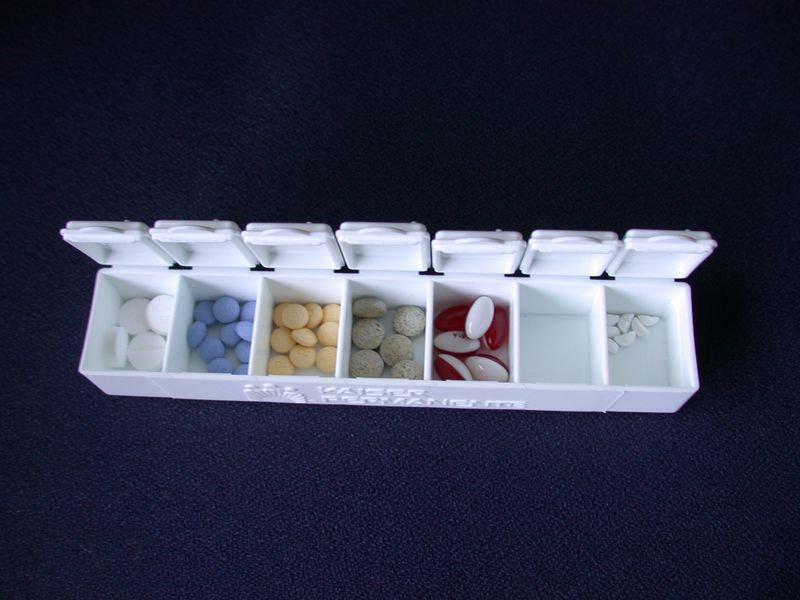
Medications, whether prescription or over-the-counter, come with clear expiration dates. Using expired medications might not only be ineffective but also risky.
The chemical composition of drugs can change over time, resulting in reduced efficacy or potential harm. Always consult your pharmacist or doctor if you’re unsure.
Keeping track of these dates is vital for maintaining health and safety.
6. Spices

Spices might seem timeless, but they too have a shelf life. While they don’t spoil like dairy, spices lose their potency over time. Ground spices typically last for two to three years.
The aroma and flavor diminish, reducing their impact on your dishes. To test, rub a bit between your fingers; if the scent is weak, it’s time for a replacement.
Fresh spices are key to flavorful cooking, so keep their expiration in check.
7. Cosmetics

Cosmetics are often overlooked in the expiration department. Many have symbols indicating ‘period after opening’ times. Expired cosmetics can cause skin irritation or infections.
Lipsticks, mascaras, and foundations have varying lifespans, typically from six months to a year. Always note the opening date and replace them as required. Your skin’s health is worth the diligence.
8. Motor Oil
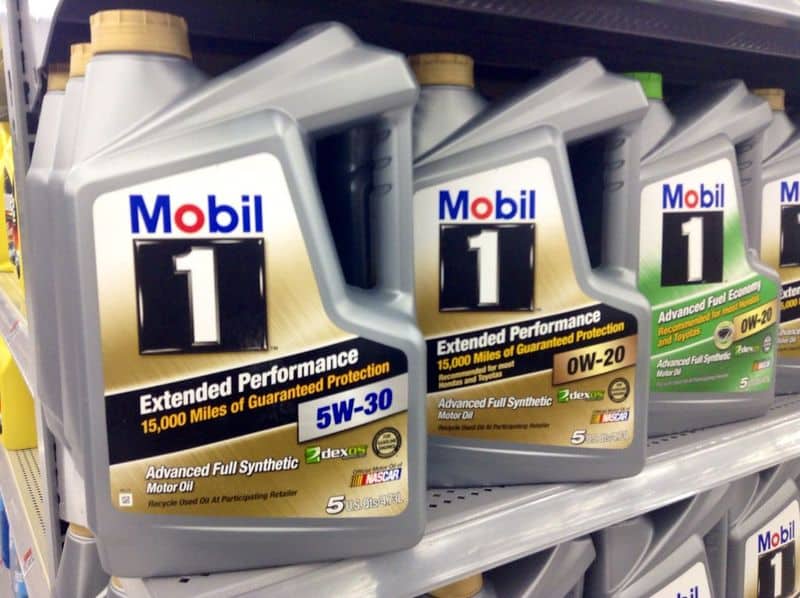
Motor oil is crucial for vehicle maintenance, but it doesn’t last indefinitely. Most motor oils are good for five years if unopened, but once opened, it’s best used within a year.
Over time, additives break down, affecting the oil’s performance. Regularly check the expiration date, especially if you don’t use your vehicle often. Proper maintenance ensures your engine runs smoothly.
9. Fire Extinguishers

Fire extinguishers are vital for safety but aren’t eternal. They typically last five to fifteen years. Regular checks ensure they’re still functional.
Look for any pressure loss indicated on the gauge. An expired extinguisher might not work in emergencies, risking safety. It’s a small task that could save lives.
10. Bug Spray
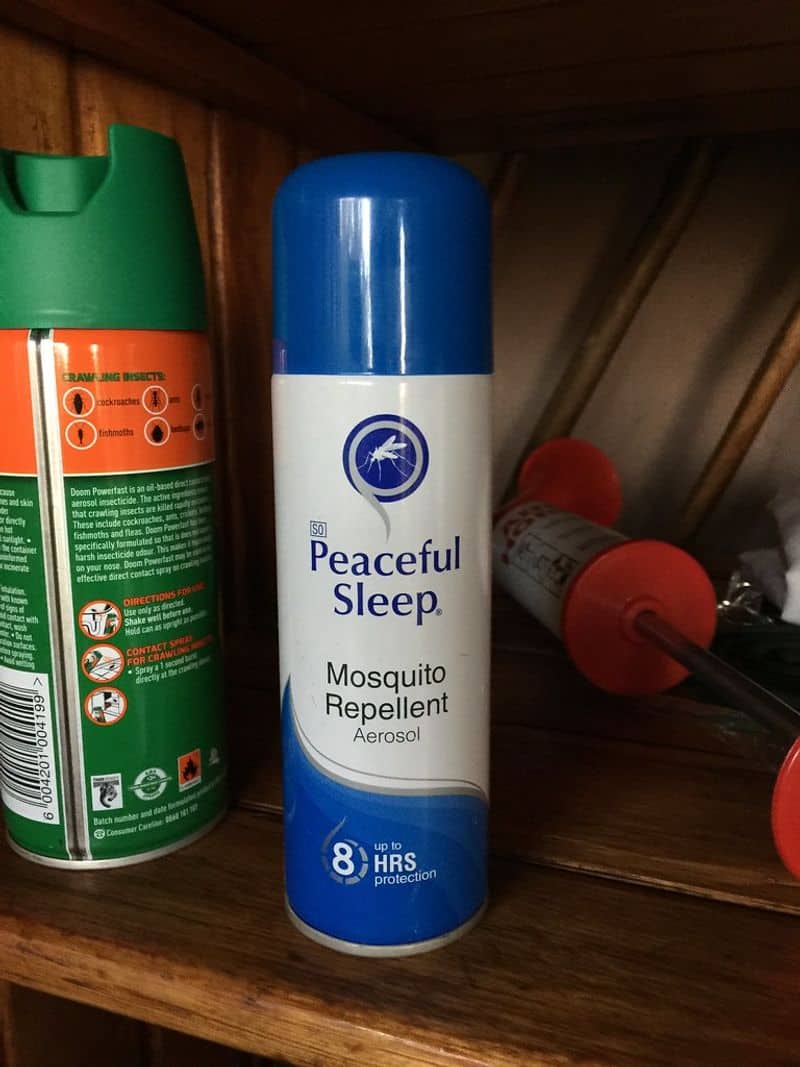
Bug spray is essential for outdoor protection, but it loses effectiveness over time. Most sprays last two years.
An expired spray might not repel insects effectively, increasing the risk of bites. Always check the expiration date and replace as needed to ensure maximum protection.
Your peace of mind during camping trips could depend on this simple check.

